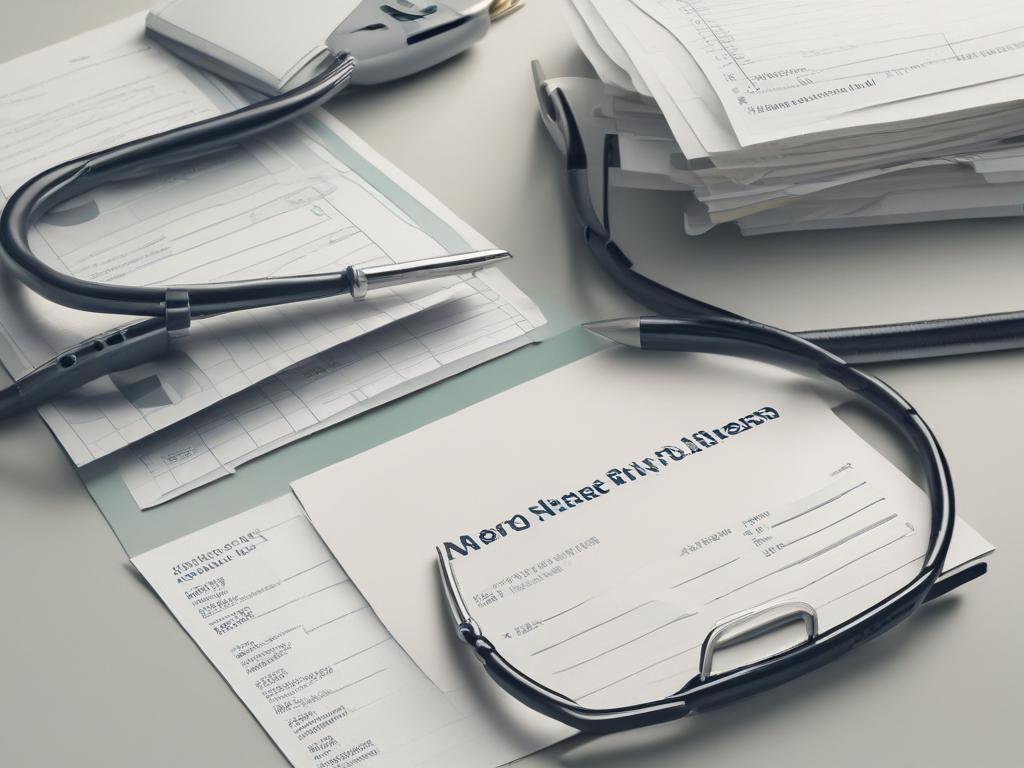
In today’s competitive healthcare landscape, maximizing revenue is essential for the sustainability of any medical practice. Medical billing plays a pivotal role in determining the financial health of your operations. When implemented effectively, it not only increases your practice's revenue but also enhances overall operational efficiency. To boost your practice’s income, it’s vital to understand how effective medical billing can streamline operations and ensure that you’re capturing every dollar earned from patient services.
This blog post explores the crucial link between effective medical billing and increased revenue generation. We will delve into strategies that can elevate your billing process, thereby supporting financial growth. By the end of this post, you’ll learn how to transform your medical billing approach into a powerful tool that maximizes profitability and simplifies your practice's operations. Join us as we uncover the best practices that can lead to significant improvements in your revenue cycle.
Understanding the impact of effective medical billing on your practice’s revenue
Effective medical billing is crucial for any healthcare practice aiming to maximize revenue. It acts as the backbone of financial health, directly affecting cash flow and profitability. When billing processes are accurate and timely, practices experience fewer claim denials and delayed payments. This efficiency not only ensures that healthcare providers receive their dues promptly, but it also helps maintain patient satisfaction. Patients appreciate clear communication regarding their financial responsibilities, fostering trust and encouraging them to seek care services more frequently.
In addition to improving cash flow, effective medical billing provides valuable insights into the financial performance of your practice. By analyzing billing data, practices can identify trends, such as frequently denied claims or common reasons for rejected payments. This information helps healthcare providers pinpoint areas needing improvement and adjust their strategies accordingly. Ultimately, understanding the impact of effective medical billing empowers practices to make informed decisions that can lead to increased revenue and sustained growth. By prioritizing a robust billing system, practices can ensure they thrive in today’s competitive healthcare landscape.
Streamlining operations: How efficient medical billing supports financial growth
Efficient medical billing serves as the backbone of a successful practice, eliminating bottlenecks in the revenue cycle and ensuring timely payments. When you streamline your billing processes, you reduce claim denials and rejections. This leads to quicker reimbursements and improved cash flow for your practice. Utilizing automated billing systems enhances accuracy by minimizing human error and accelerating the billing cycle. Consequently, healthcare providers can focus more on patient care instead of administrative tasks, ultimately driving both revenue and operational efficiency.
Moreover, streamlined medical billing fosters better patient relationships by facilitating clear communication regarding their financial responsibilities. When billing processes are transparent and efficient, patients are more likely to understand their obligations, which can lead to timely payments. By implementing robust billing practices, your practice enhances patient satisfaction while optimizing revenue collection. A well-organized billing system not only increases profitability but also allows your team to allocate resources more effectively, further supporting financial growth and operational success in the long run.
Key strategies to elevate your medical billing process for greater profitability
To maximize revenue through medical billing, consider adopting advanced technology that automates key processes. Implementing a robust billing software can dramatically reduce errors, decrease processing time, and enhance claims management. Automating appointment reminders and follow-up communications not only streamlines operations but also reduces no-show rates, ultimately increasing your practice’s overall patient volume. Additionally, keeping your billing team well-trained on the latest coding practices ensures accuracy in claims submissions, which can lead to quicker reimbursements and fewer denials.
Another essential strategy involves regularly assessing and optimizing your billing procedures. Conduct audits to identify bottlenecks and areas for improvement within your billing cycle. Make it a point to establish a denial management process that focuses on understanding the reasons for claim denials and correcting them promptly. Encourage open communication within your billing department and with healthcare providers to ensure that everyone is aligned on best practices. By fostering a culture of continuous improvement and accountability, your medical billing process will not only enhance revenue but also support your practice’s overall operational efficiency.